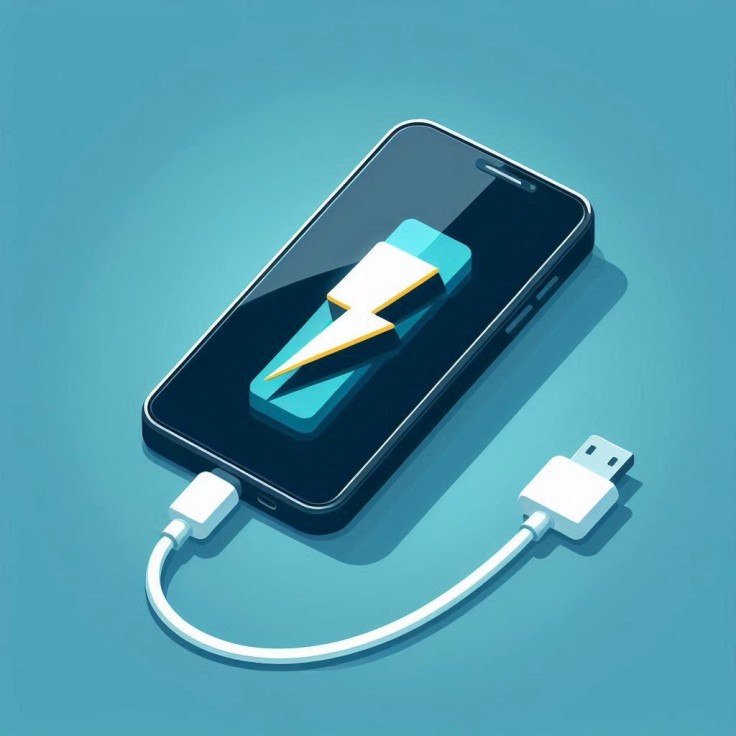
Scientists at the University of Colorado have come up with a new technique through which full battery charging of the smartphone could take only one minute. This research identified in the scientific journal Proceedings of the National Academy of Sciences (PNAS) presents a new approach referring to the transport of ions through supercapacitors. It revealed a strategy which is to significantly bring down the charging time, along with new features for future smartphones.
Supercapacitors and Ion Movement
The essence of this new technology is revolving around supercapacitors together with the ion transfer. Unlike traditional batteries that rely on chemical reactions to store and release energy, supercapacitors can deliver rapid bursts of energy. The researchers discovered that by optimizing the movement of ions-atoms with a net positive charge-through these supercapacitors, they could significantly speed up the charging process.
Describing previous methods used for analyzing the motion of ions, one of the authors of the study, Ankur Gupta, admitted that while such methods as pulsed-gradient spin-echo, nuclear magnetic resonance, and tomography - which were utilized in the study - have been widely used in areas such as the management of oil reservoirs, water purification, and other applications, they are rather ill-suited for analyzing the properties of energy storage systems.
"Given the critical role of energy in the future of the planet, I felt inspired to apply my chemical engineering knowledge to advancing energy storage devices," Gupta said. "It felt like the topic was somewhat underexplored and as such, the perfect opportunity."
Read Also: IOS Exploit Enables Animated App Icons, Bypassing Apple's Restrictions
Efficiency and Safety
The researchers made several key findings during their study. One of the most significant discoveries was that ions move differently than electrons at the intersections of tiny nanoscale pores. This behavior, which deviates from the predictions of Kirchhoff's law-a fundamental principle used to determine current flow in electrical circuits since 1845-enables the researchers to simulate and predict ion movement in a complex network of thousands of interconnected pores in just minutes.
Gupta noted, "That's the leap of the work. We found the missing link."
This efficient movement of ions not only causes the charging to be done within a rather short span of time but also eradicates the problem of safety that is likely to occur in high-speed chargers. The new super-capacitors are aimed at reducing the chances of over-heating of batteries as well as other concerns such as battery deterioration that has previously been associated with fast-charging.
Implications for Smartphone Design and Future Technology
The Use of this technology can have far-reaching effects in society since it deals with how we create and understand information. Hence, if smartphones are capable of being charged for an hour in one minute, manufacturers might be in a position to use low-capacity batteries on them without reaching a detriment to the experience of using the device. This could result in increasing room for the integration of advanced capabilities of computing and / or data within a smartphone.
Such advancements could lead to making the gadgets thinner and lighter and introducing features that will boost the performance of the device.
This is still a cutting-edge category of technology; nonetheless, given the current rates of advancement seen in recent years, commercialization can hardly be far off. This must be perhaps the most exciting concept of instantly recharging a smartphone battery; perhaps it will provoke more research and funding for this field.
Gupta as well as the other members of his team continue to embrace hope in this future. "The primary appeal of supercapacitors lies in their speed. So how can we make their charging and release of energy faster? By the more efficient movement of ions," Gupta said.
Their future work involves iteratively improving the tech and identifying other domains where it can be applied besides portable battery packs for phones, which could have a broad effect in sectors that require compact energy storage devices.
Current research information of the University of Colorado shows that the advancement made towards efficient energy storage systems is a huge leap. By building on the findings made by the team, the likelihood of developing devices that can be charged in a shorter timespan will soon be realized, thus paving the way to the development of more advanced smartphones or other devices.
Related Article : MediaTek Announces New Dimensity 7300 And 7300X Chipsets, Elevating Mid-Range Smartphones
© Copyright 2025 Mobile & Apps, All rights reserved. Do not reproduce without permission.
















